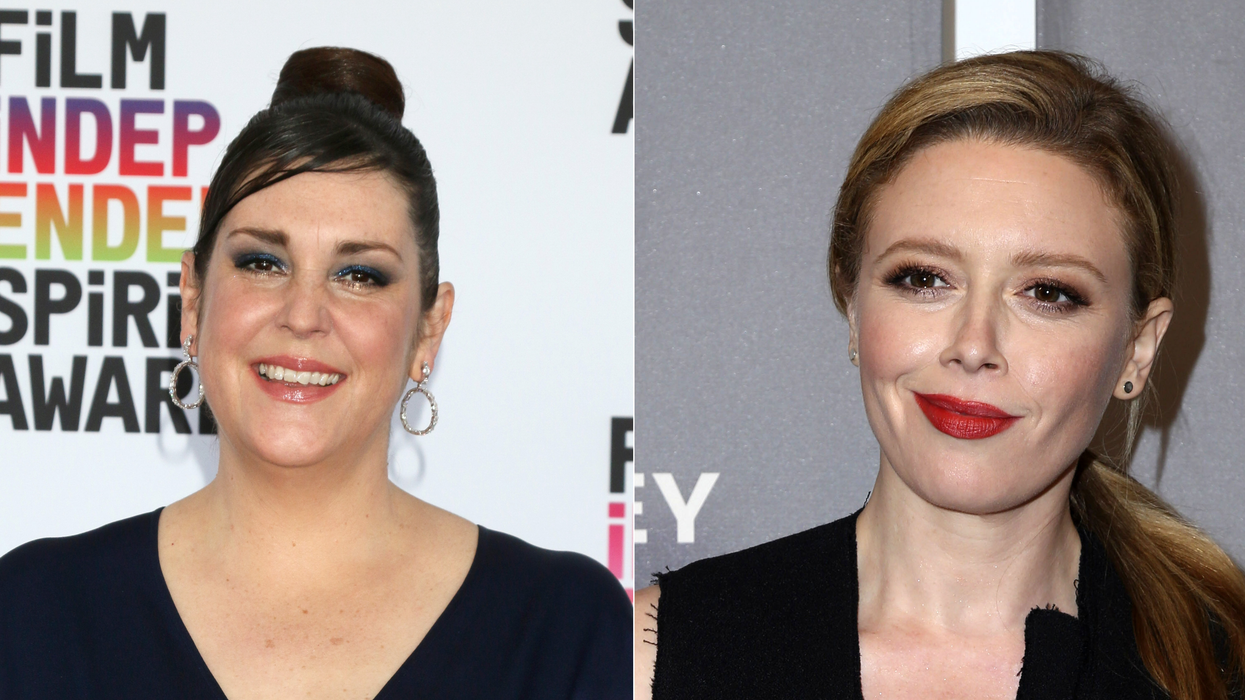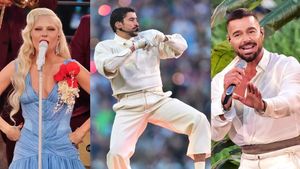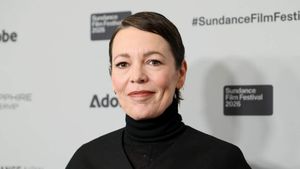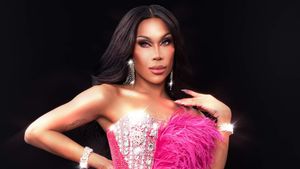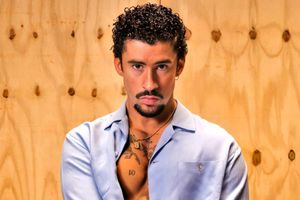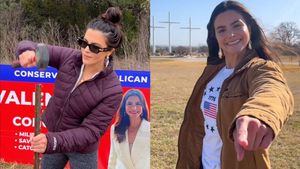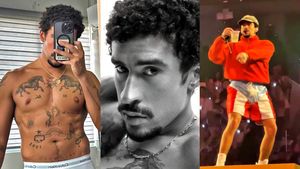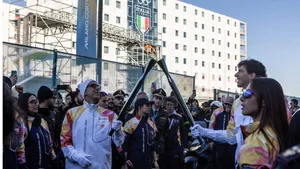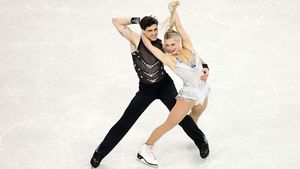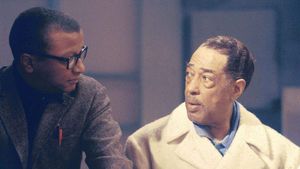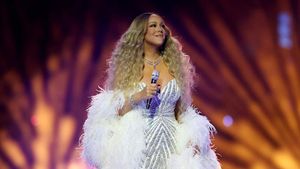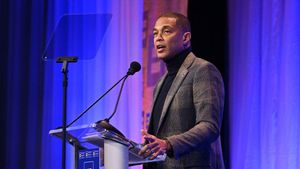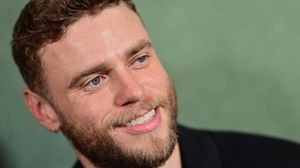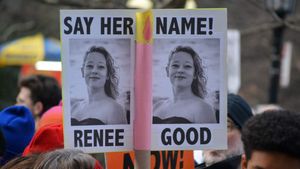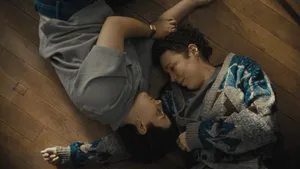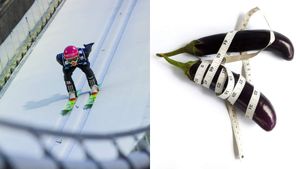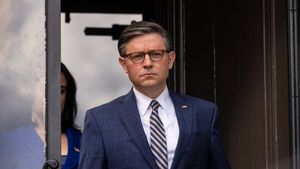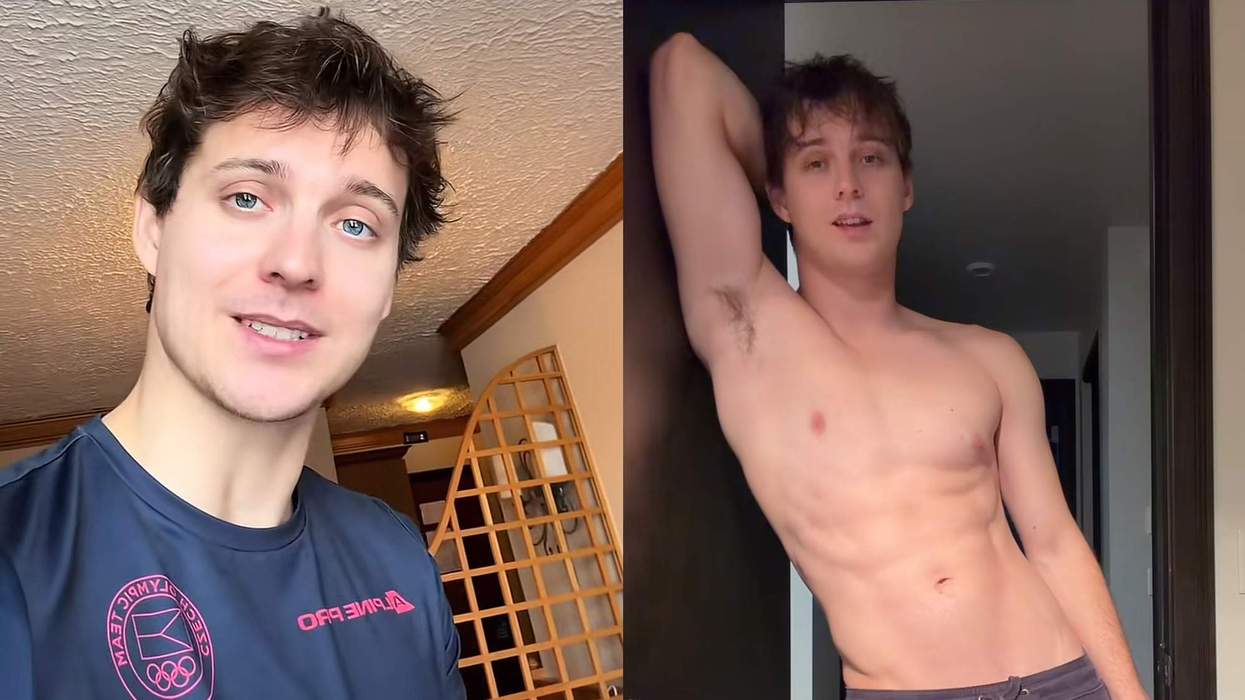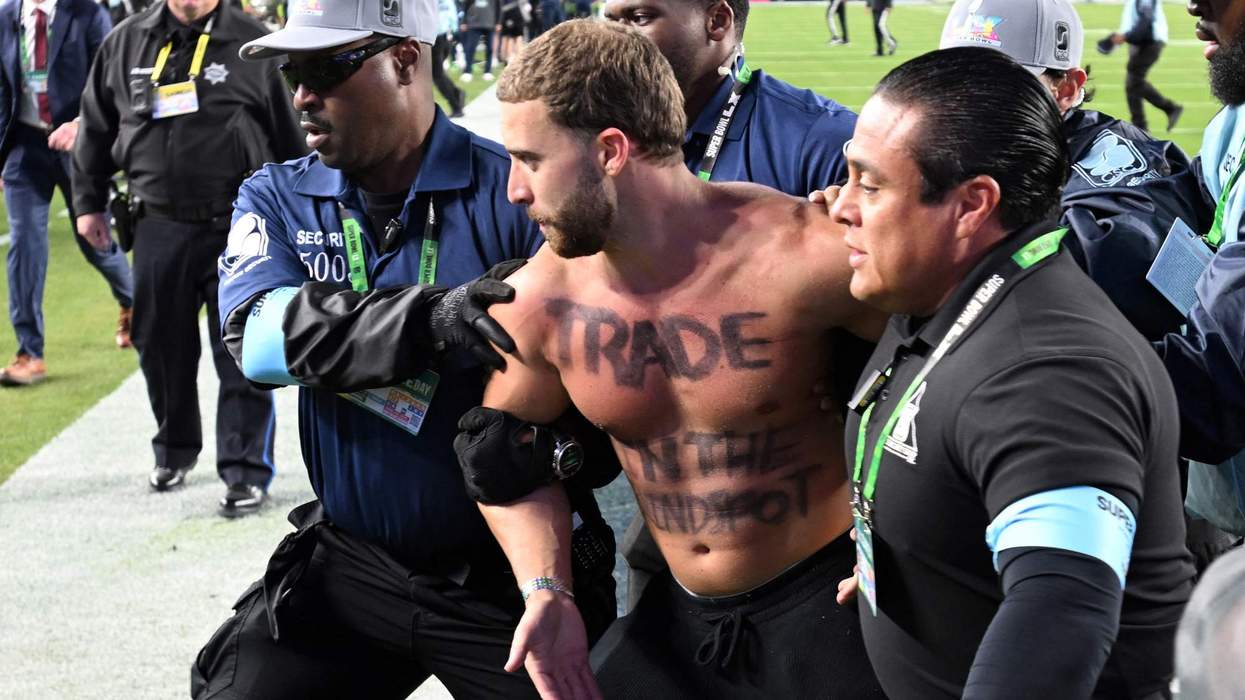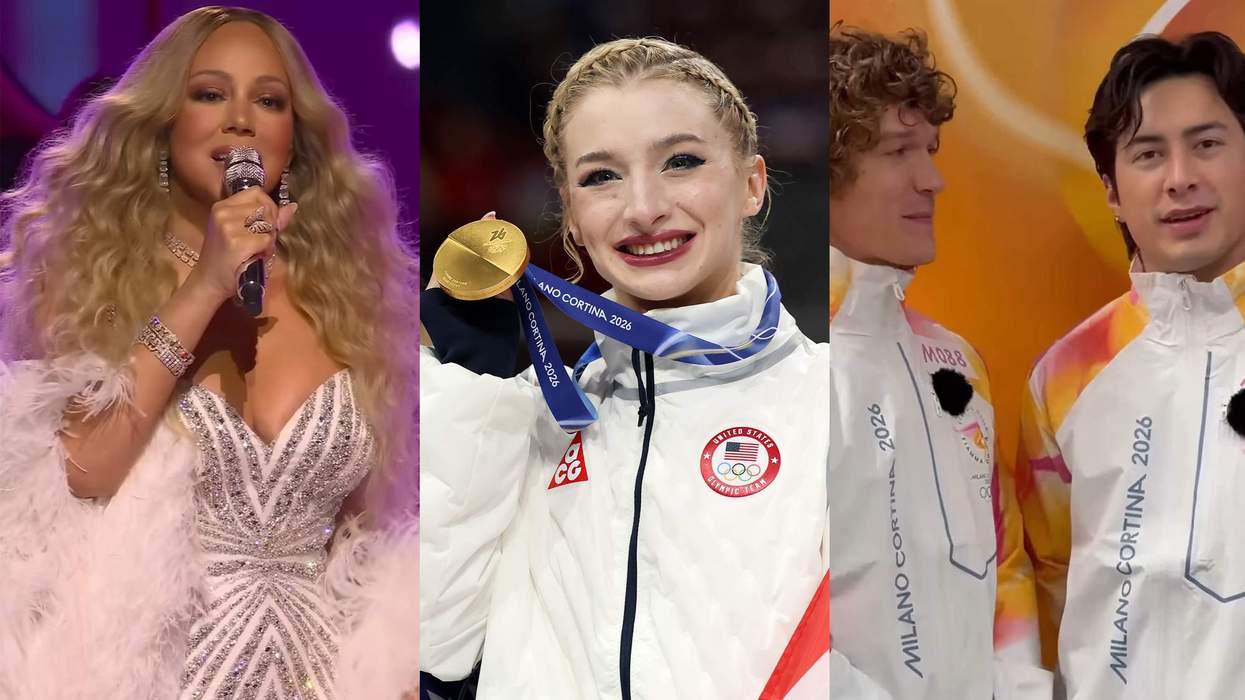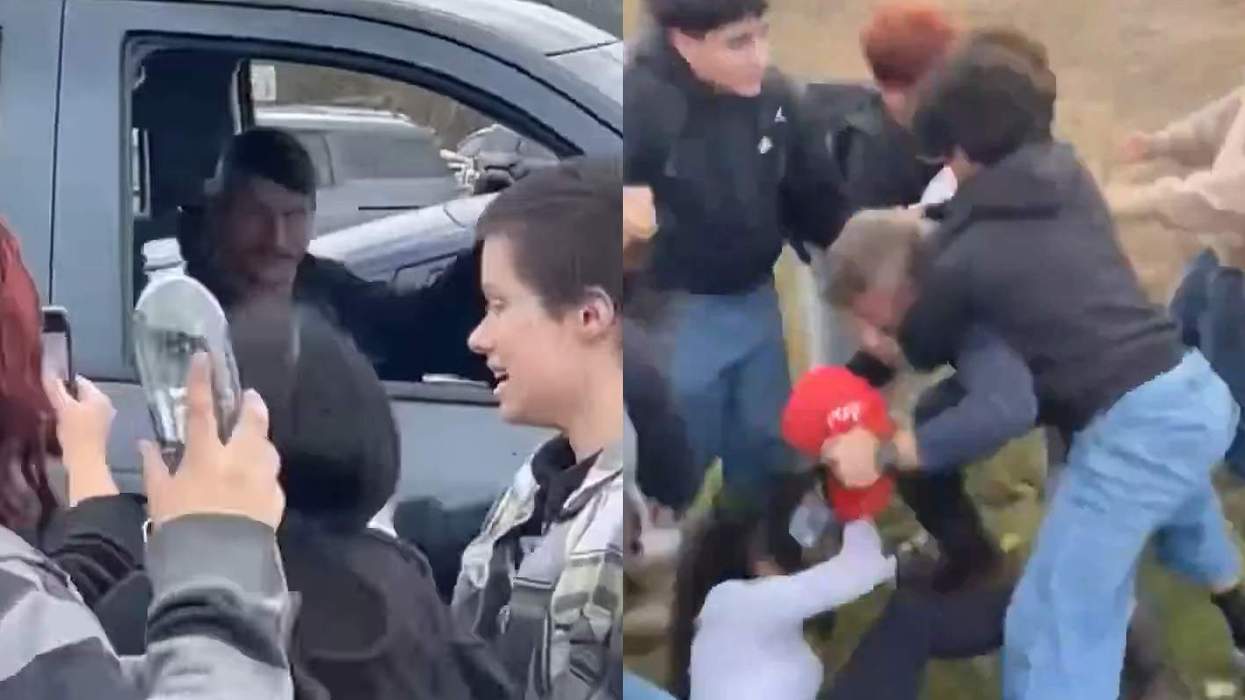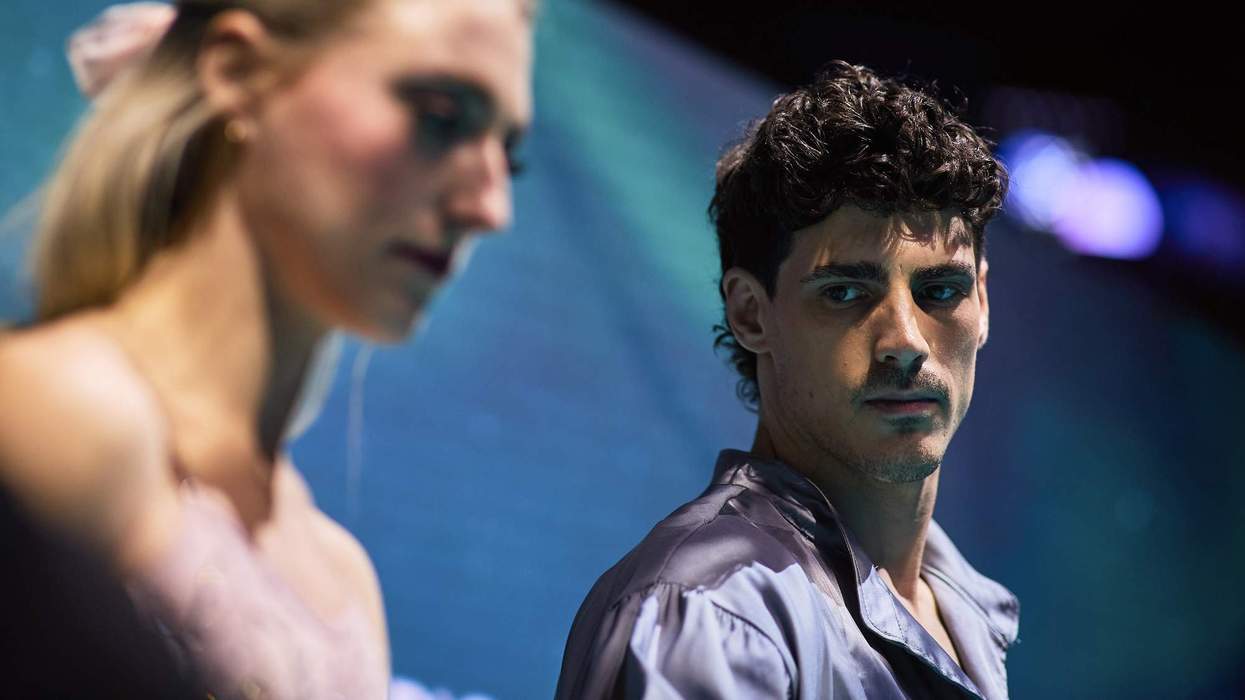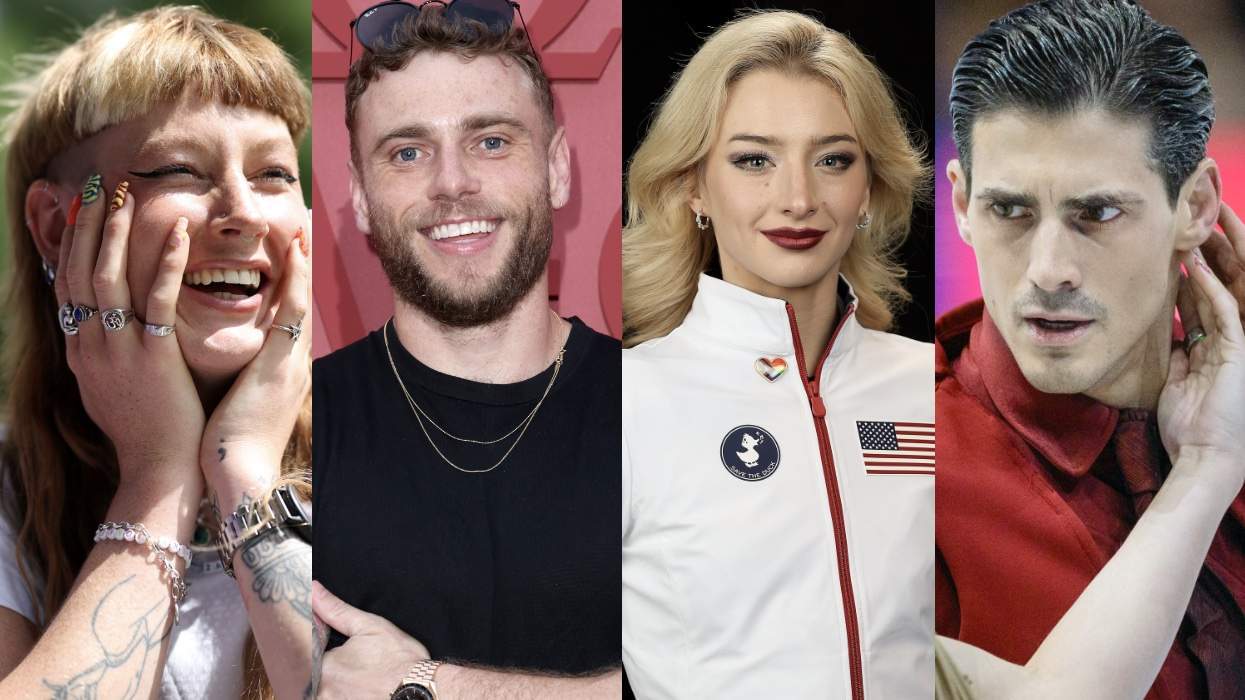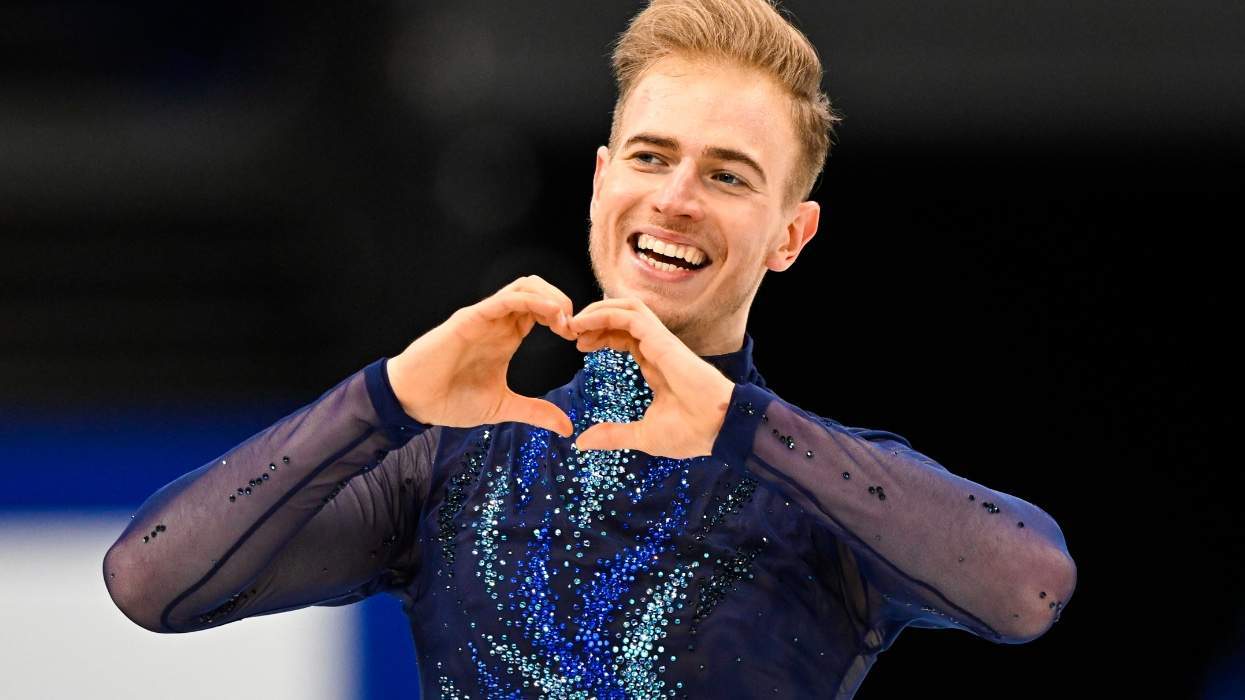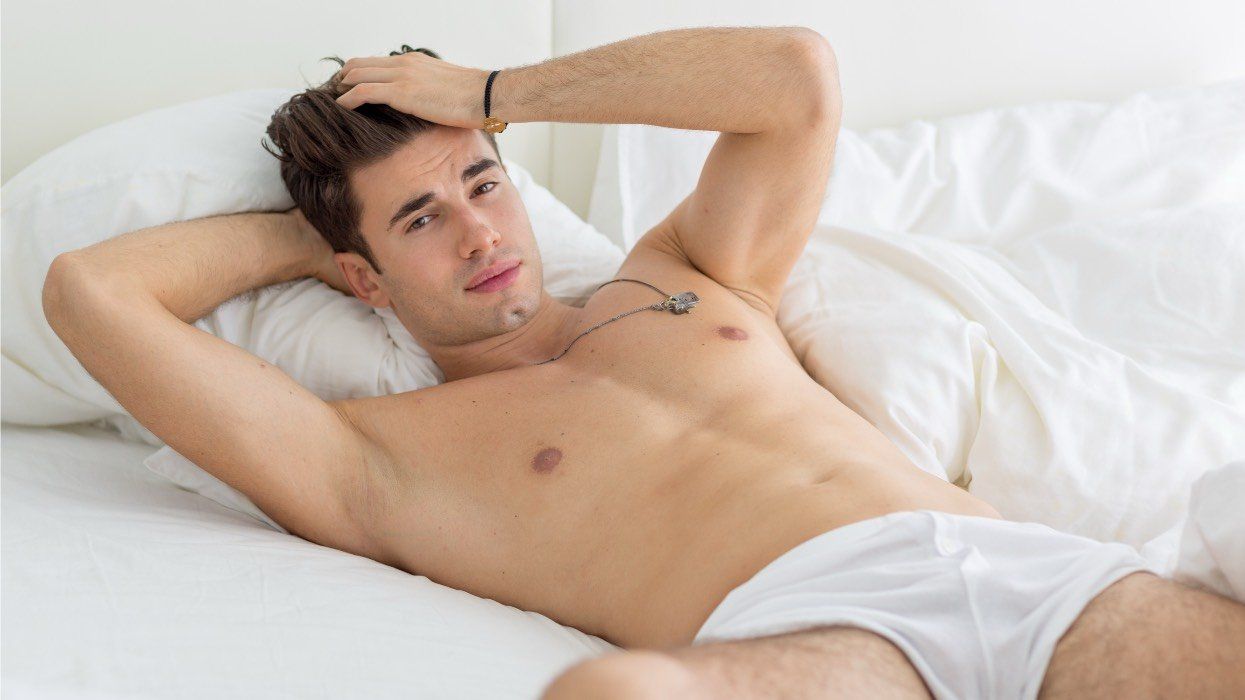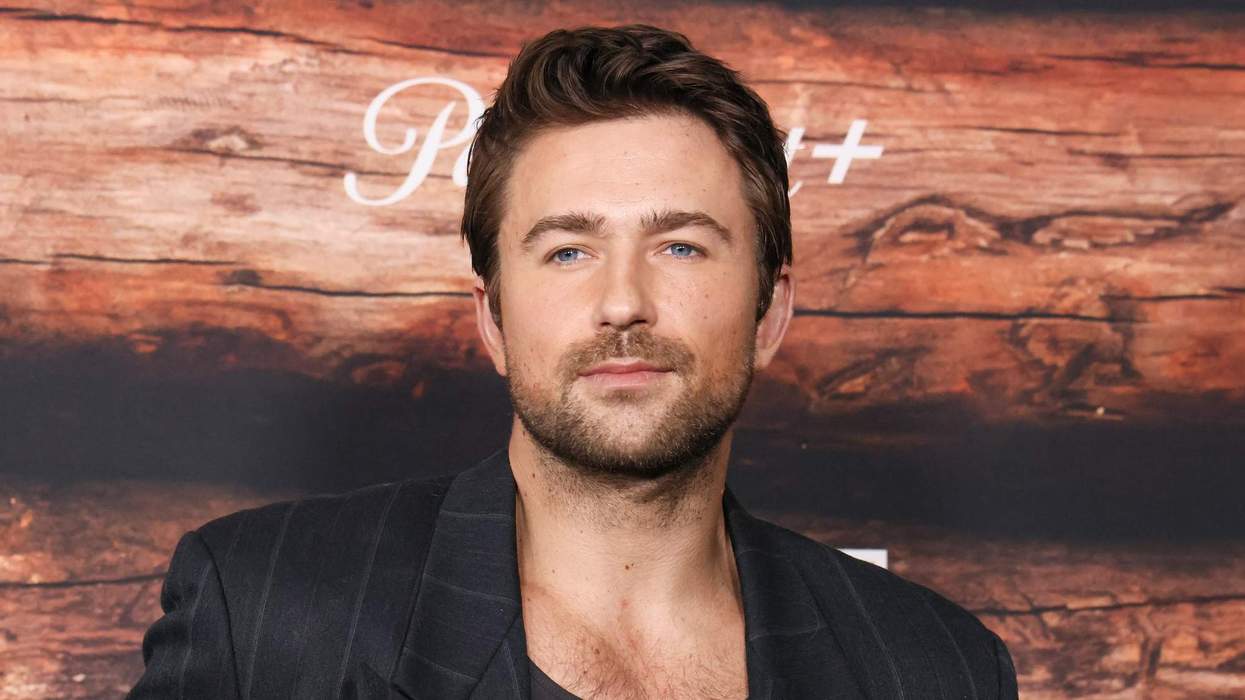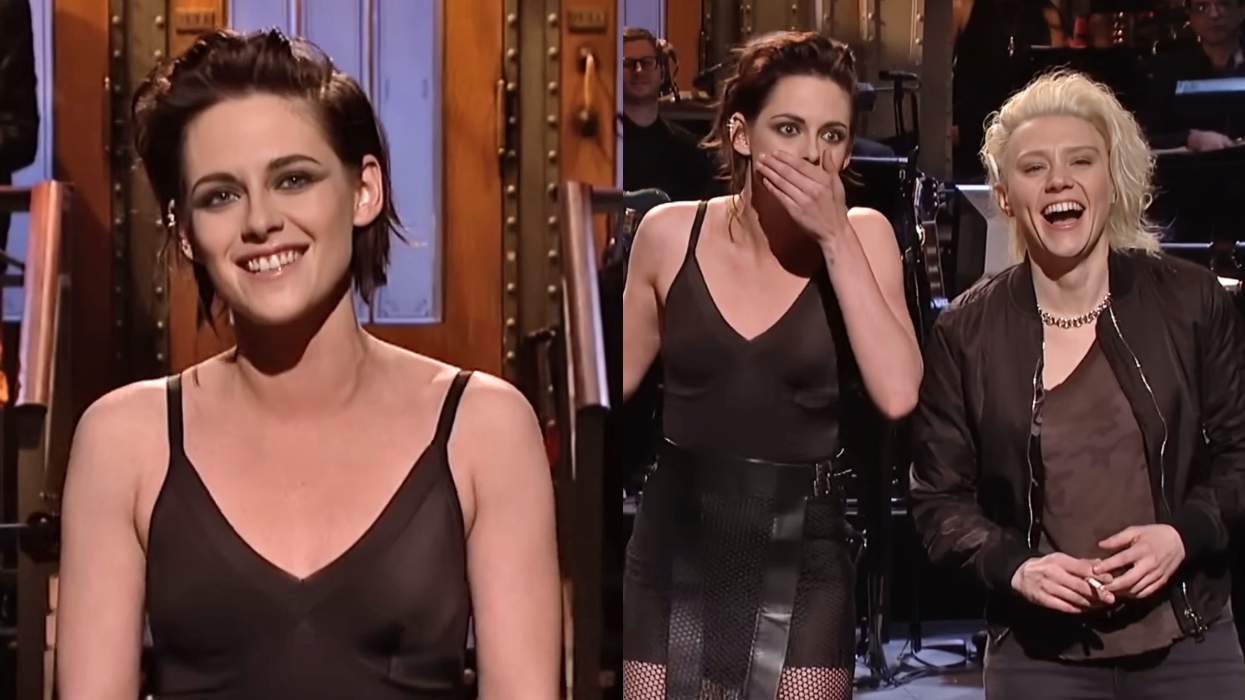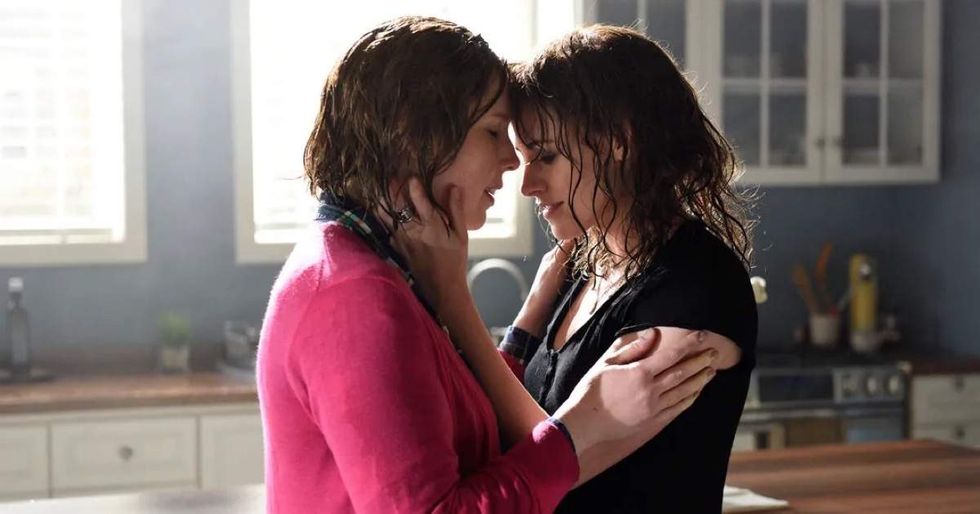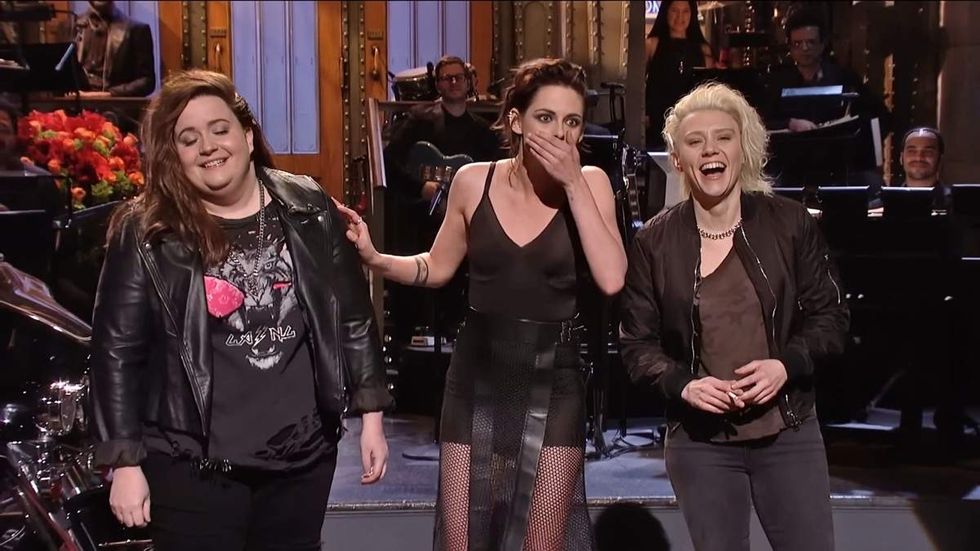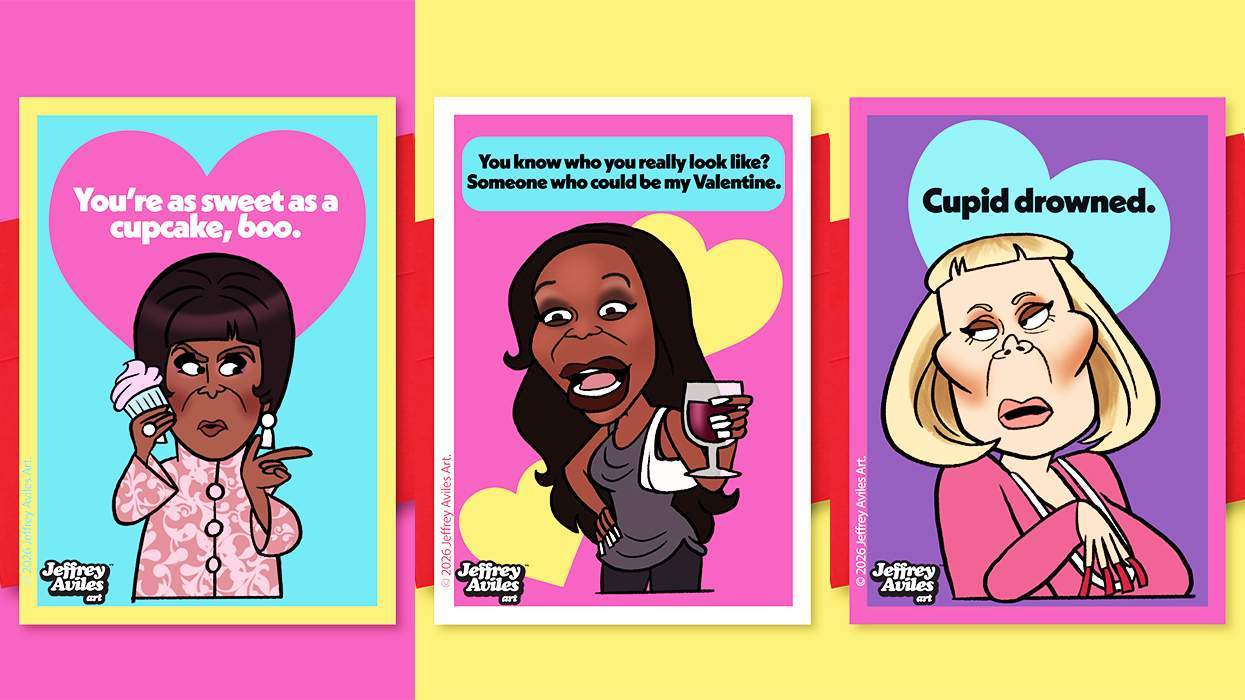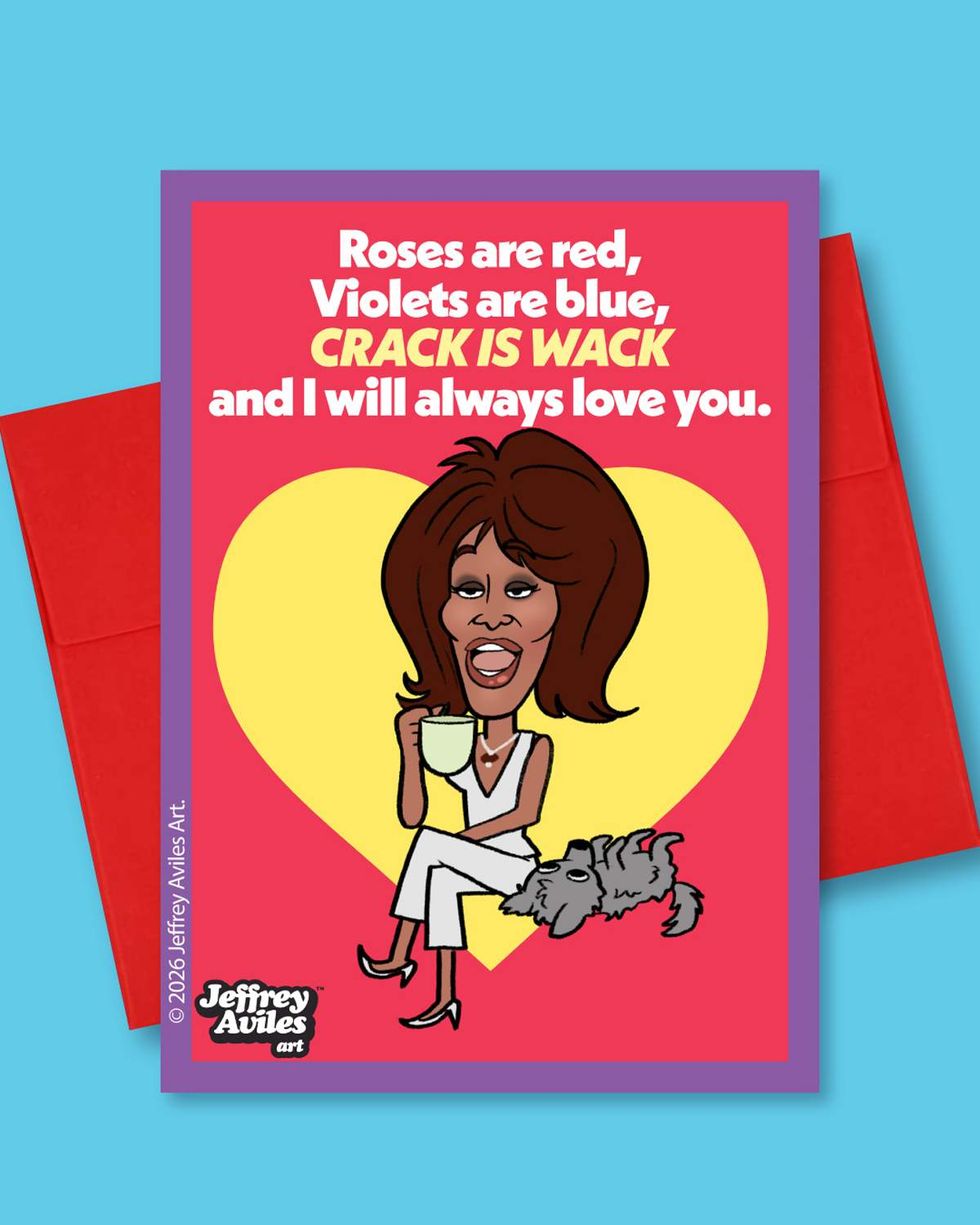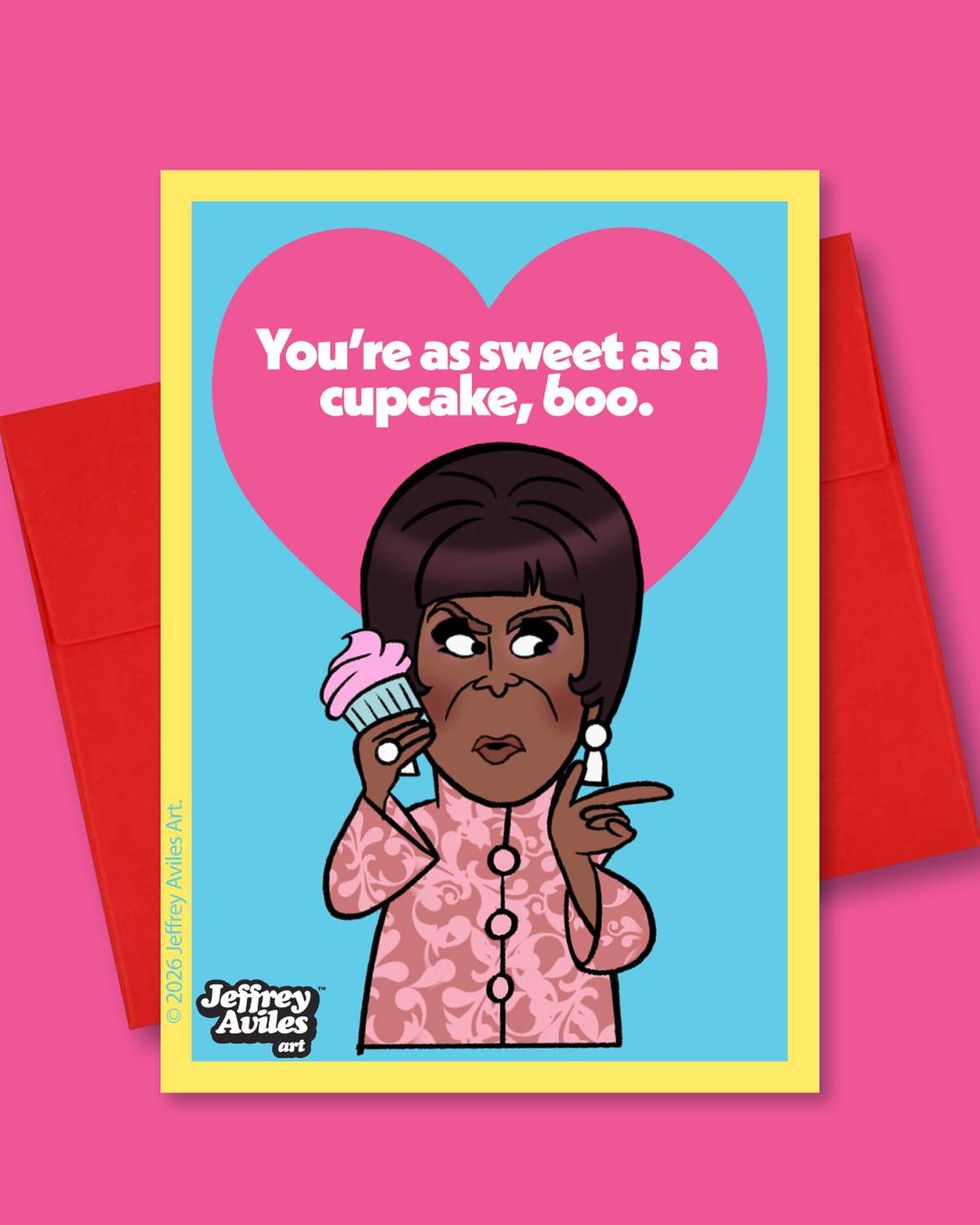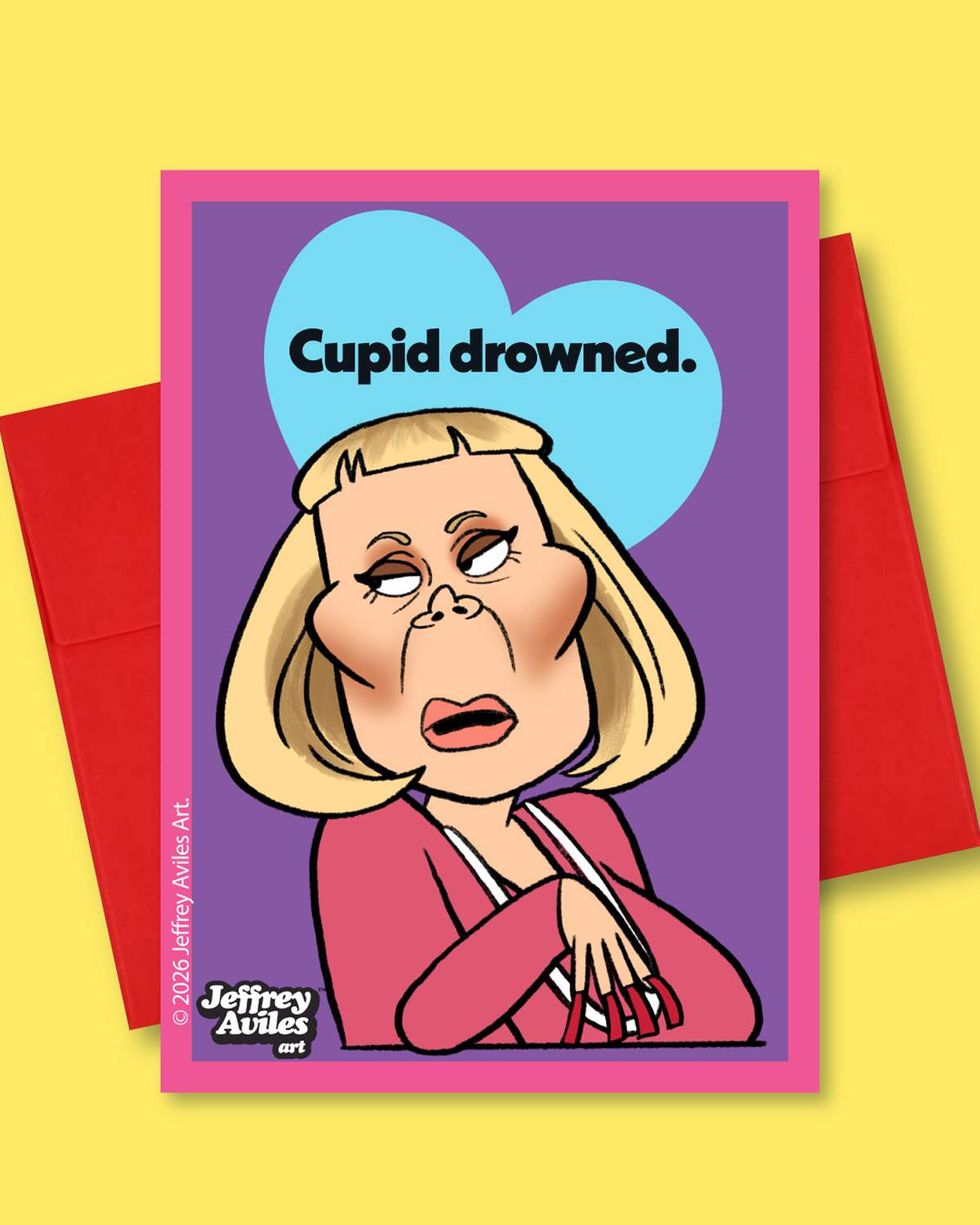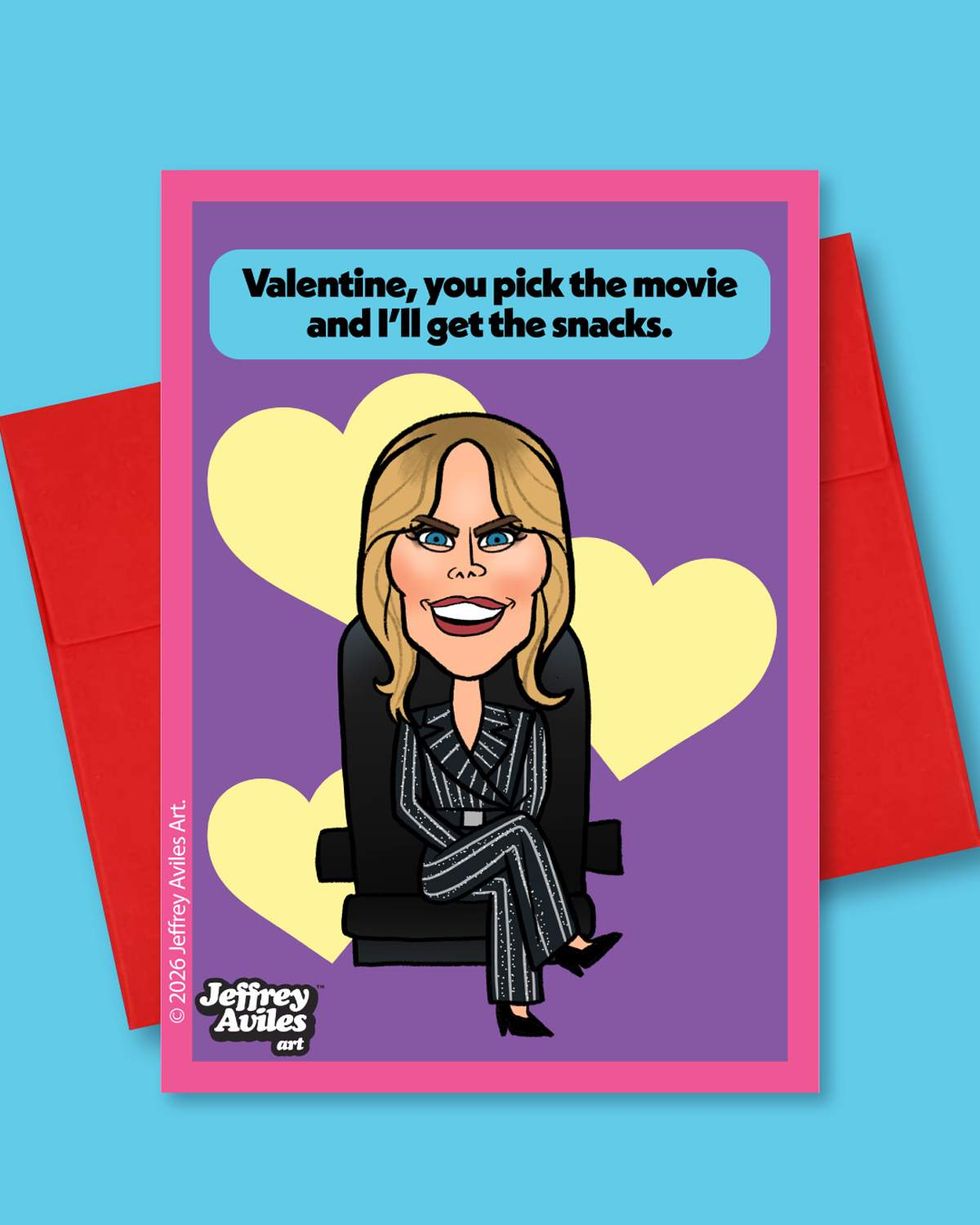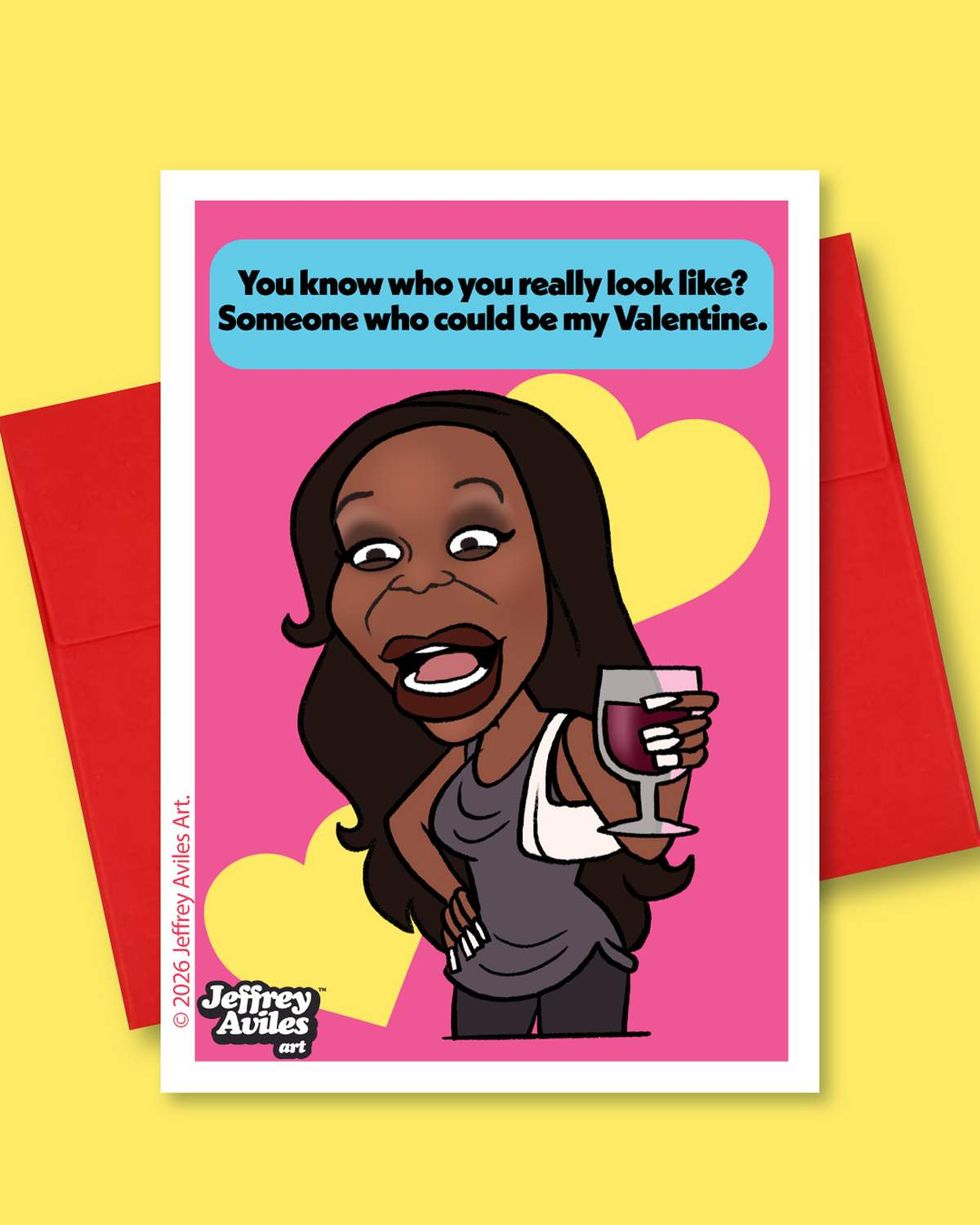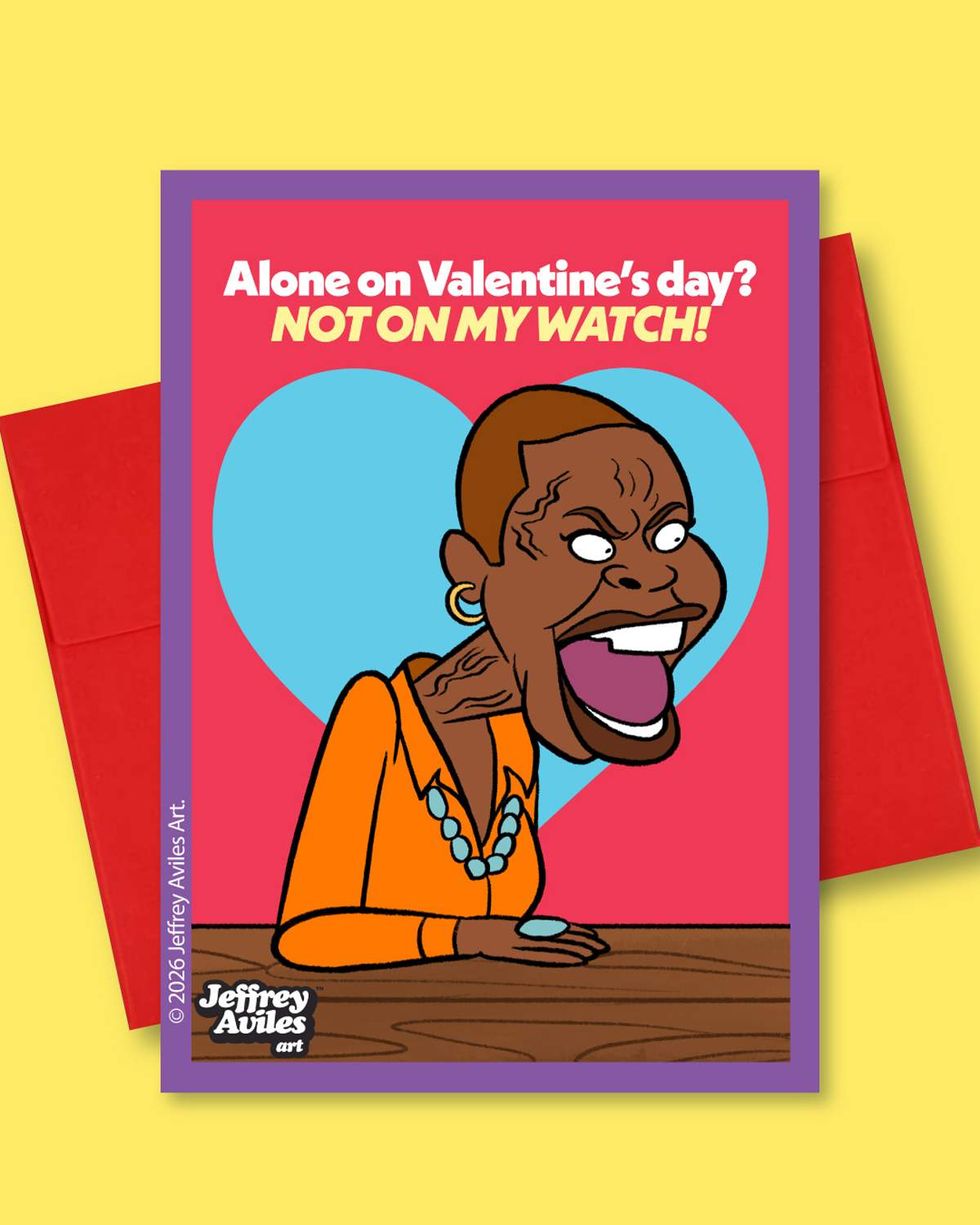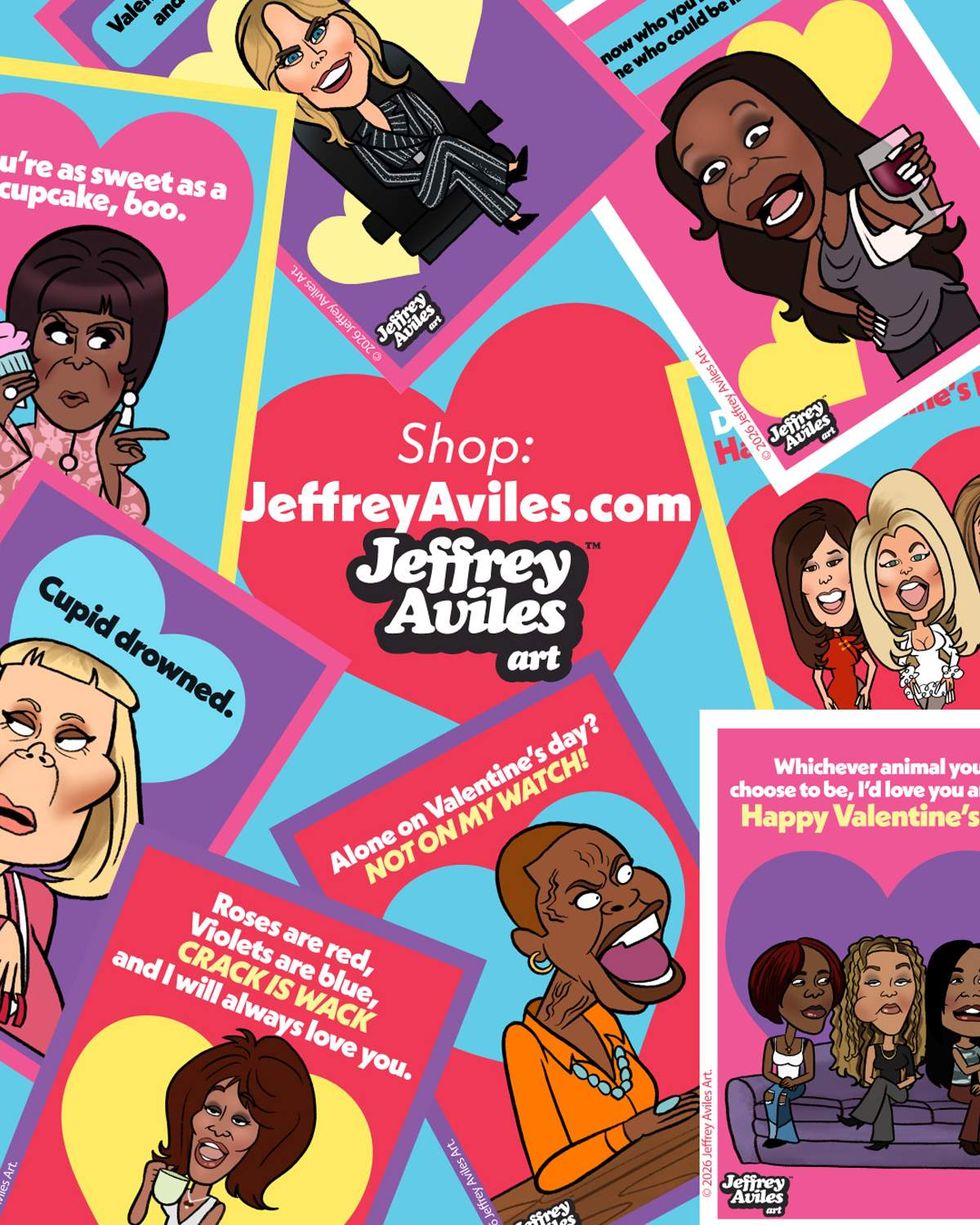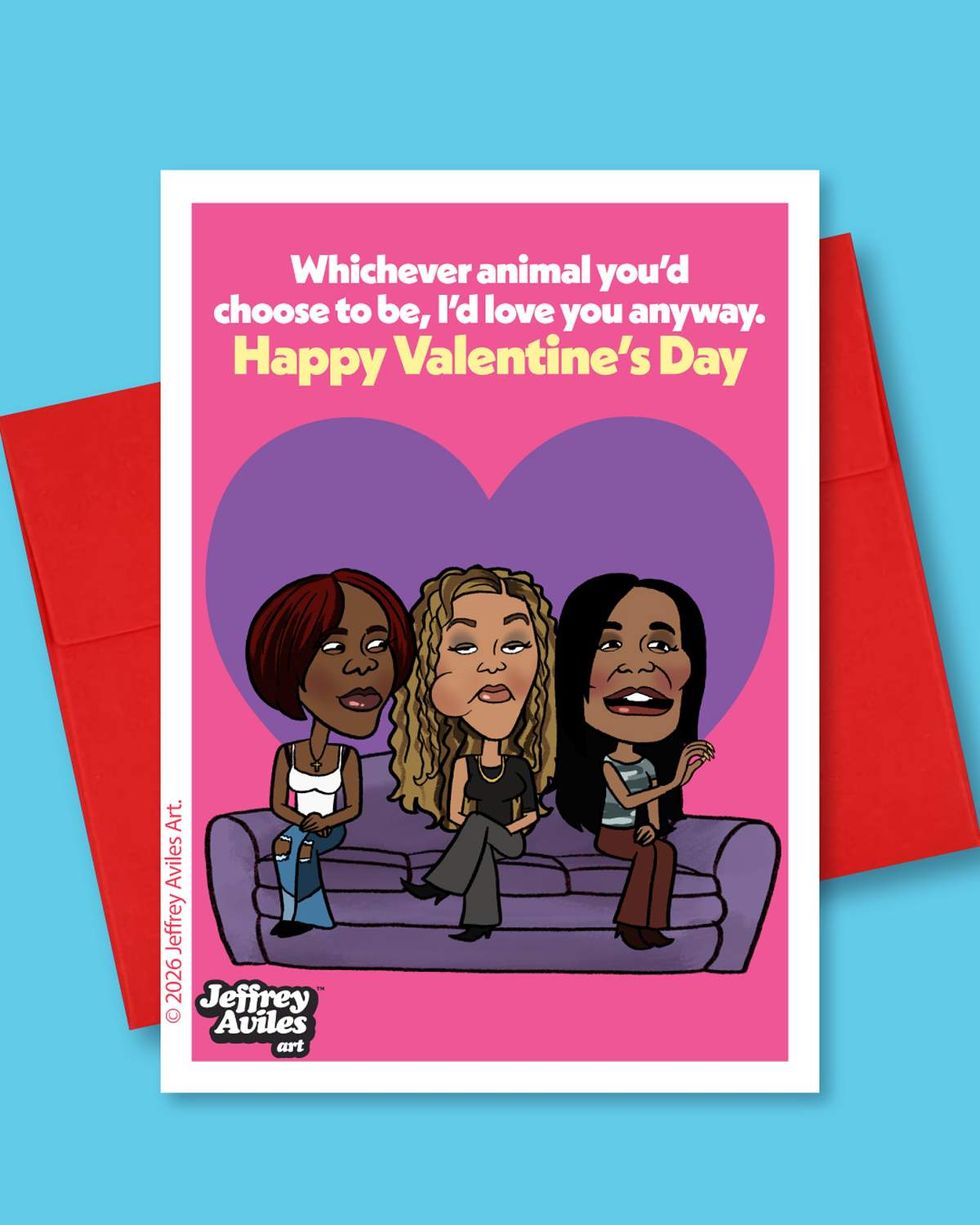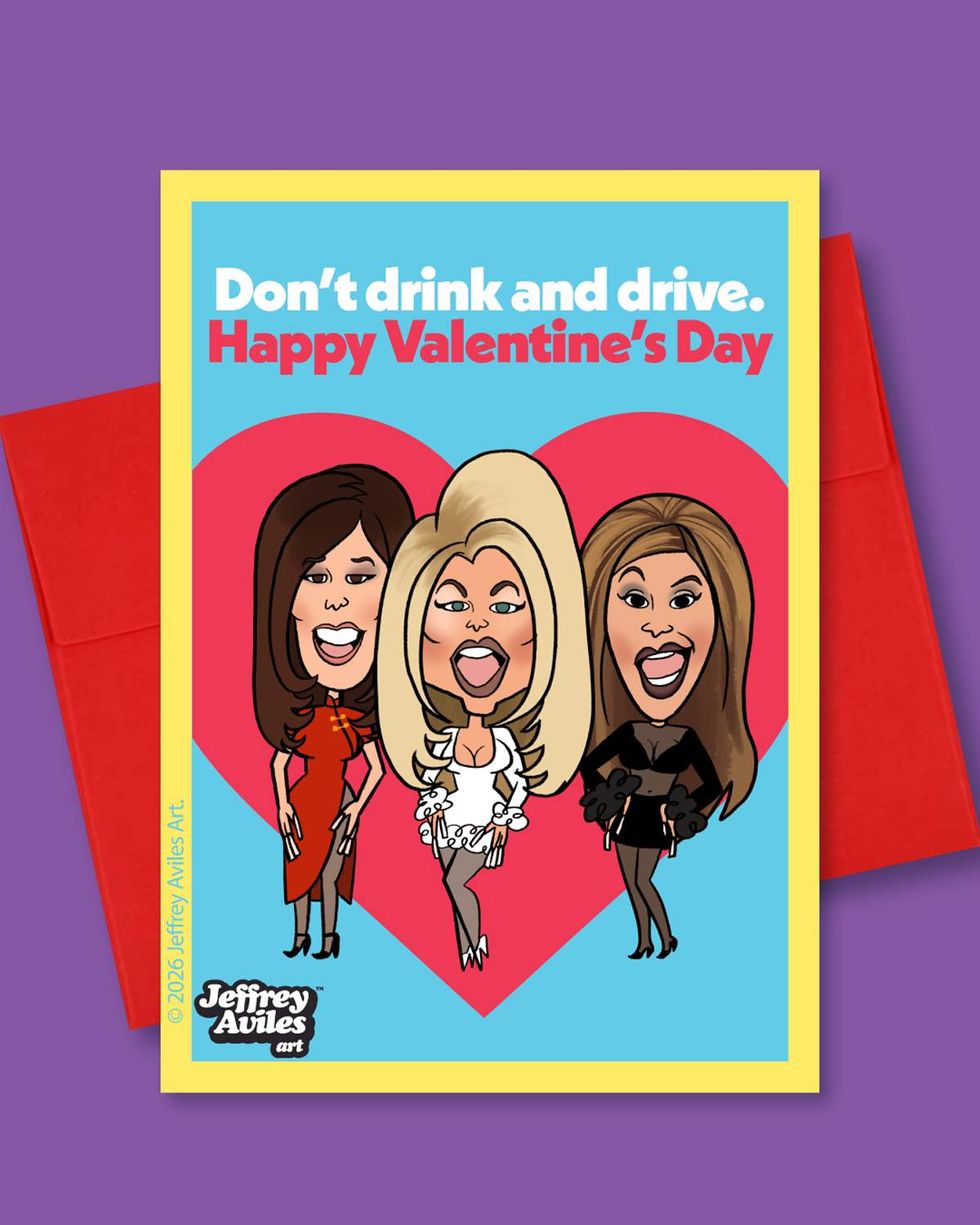The hit shows Yellow Jackets and Poker Face continue catapult Melanie Lynskey and Natasha Lyonne into the limelight years after the two cemented their friendship on the set of But I’m a Cheerleader.
This week the two stars, who first met on the set of Detroit Rock City, got candid in their Variety Actors on Actors conversation as they discussed their long-time friendship and the queer cult classic that brought the pair together.
Lyonne revealed that she almost didn’t get cast in the indie film about a naive teen girl who is sent to a gay conversion camp when her family and friends start to suspect she’s a lesbian. Clea Duvall had already been cast in the film, when Lyonne found the script in her car.
“Clea DuVall had put me in the movie because the script for But I’m a Cheerleader was on the floor of her car, and I was in the passenger seat. So I picked it up and I said, ‘What’s this movie? What’s my part?’”
But DuVall wasn’t sure that she could pull off the role. Lyonne continued, “She said, ‘You can’t play this part, because you’re not this type of person.’”
Later the Poker Face actor went over to director Jamie Babit’s house to show off her cheerleading skills and eventually won the starring role in the film.
Although But I’m a Cheerleader has gone on to become a must-watch queer classic, when it first came out in 1999 it took a while to find an audience.
“At the time, nobody liked it, and now everybody likes it,” Lynskey said of the film. “I do feel like the movie was very ahead of its time.”
Lynskey asked her co-star if she had any reservations about playing a character forced to go through conversion therapy.
“I was not hesitant at all,” Lyonne recalled. “I’m consistently shocked by the things we consider shocking. I find it very patronizing when we say something like, ‘Oh, did you see that this straight male actor is playing gay? Bravo.’”
Lyonne continued, “And it never crossed my mind to not try to use the arts to tell the truth about what’s going on. When Clea and I were on the cover of Out magazine, it just seemed so weird to me that people would care. It felt like what you’re supposed to care about is the conversion-therapy part. And we’re supposed to try to stop that.”
But I’m a Cheerleader became an indie darling and made a big cultural impact, especially among queer kids and outsiders who felt seen by the film.
“In general I really believe in making people that like society wants to, sort of like, outside and other, feel like safe and home is very important to me,” Lyonne said. “And so I remain so, like, proud of But I’m a Cheerleader and so genuinely confused that here we are in, like 2023, I think, and we’re still sort of like in a debating society around things like ‘Hey you say you’re a person. Are you sure you’re that person? I have an opinion on it.’ It’sreally deeply dark and disgraceful.”
Lynskey admitted that she faced push back from people who asked her why she played so many lesbian roles in films and found it strange that “it was a talking point or anybody had any kind of issue.”
Lyonne went on to say that while she’s incredibly proud of the movie they created, she might choose not to play a lesbian if offered a role today because she wouldn't want to take an opportunity away from people.
But she did reveal that there is something “seductive” about playing lesbian characters because they are “not being puppet mastered by, like, a male storyline.”
